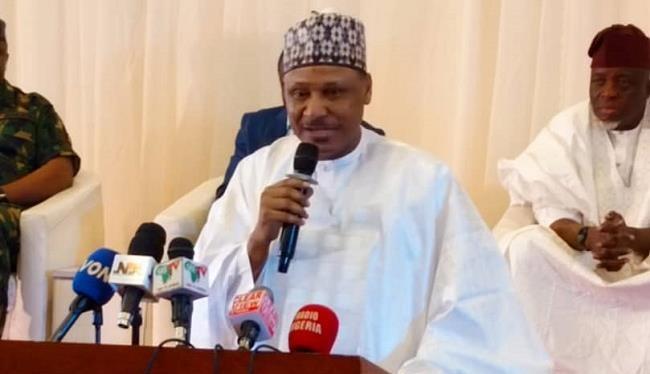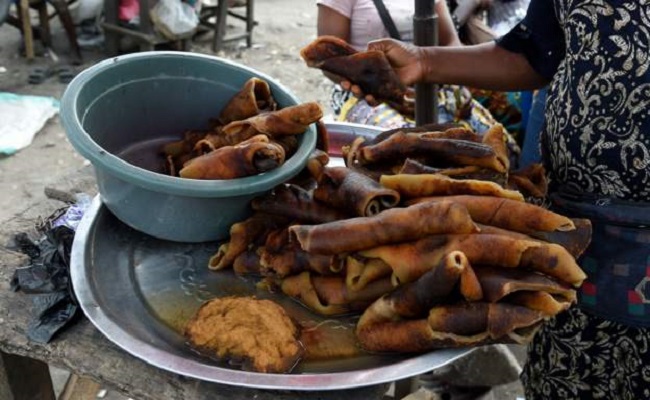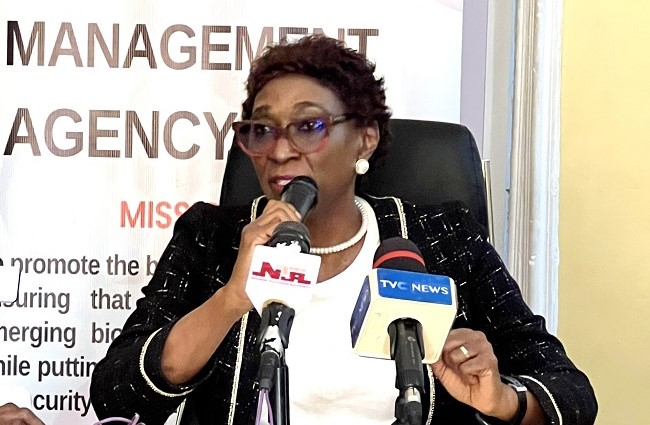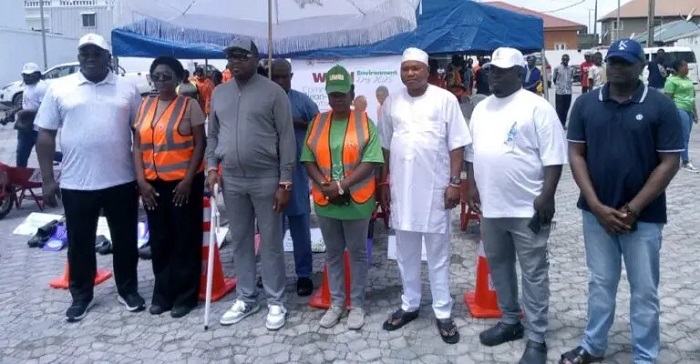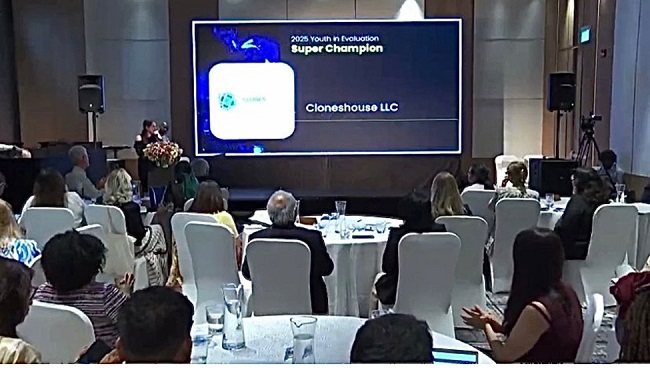Osun State Government on Tuesday, June 3, 2025, unveiled its Climate-smart Investment Portfolio at the first-ever South-west Post-conference Stakeholders’ Roundtable on Renewable Energy, tagged, “From Vision to Action: Localizing Nigeria’s Renewable Energy Legislative Agenda”.
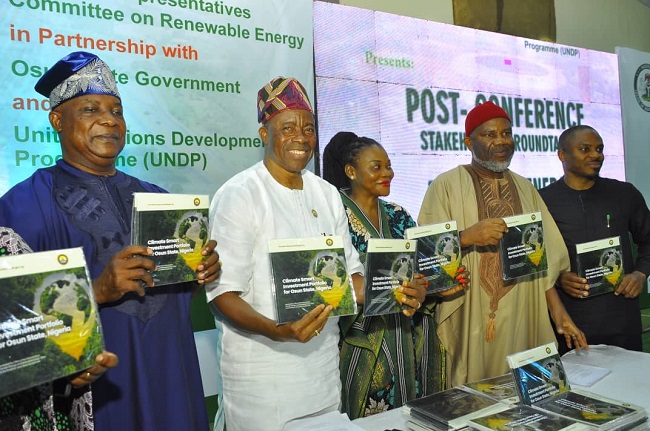
Speaking on behalf of Governor Adeleke at Oasis Events and Conference Centre, Osogbo, the Deputy Governor, Prince Kola Adewusi, noted that Osun is also presenting the draft of its Renewable Energy Policy, crafted to establish a strong legislative and institutional foundation for an inclusive energy transition at the sub national level.
Governor Adeleke further stated that Osun is also launching the draft of its Climate Action Plan, which was developed in consultation with experts, grassroots communities and development partners.
He then declared the two days event open while stating that Osun is establishing a State Recycling Hub, showcasing electric motorcycles, and launching Green Clubs in schools, because of its climate vision that extends beyond now but for generations yet unborn.
He said, “On this special day, we are unveiling our Climate-Smart Investment Portfolio being a strategic roadmap designed to attract responsible capital into renewable energy, sustainable infrastructure and the circular economy. We are also presenting the Draft Osun State Renewable Energy Policy, crafted to establish a strong legislative and institutional foundation for an inclusive energy transition at the sub national level.
“In addition, we are launching the Draft Osun State Climate Action Plan, which was developed in consultation with experts, grassroots communities and our development partners. We are equally proud to unveil the IMOLE Solar Lantern Project which is a practical and symbolic solution for last-mile energy access. “One Child, One Lantern” is our promise. Every child deserves light to study, dream and grow, regardless of their location or background.
“To all our delegates: you will find a sample of the IMOLE Solar Lantern in your conference bag, not just as a keepsake but as a beacon of the future we are striving for. Let it remind you of a child in Iwo, Ifetedo, or Ikire whose dreams now shine a little brighter. Furthermore, we are establishing the Osun State Recycling Hub, showcasing electric motorcycles, and launching Green Clubs in Schools, because our climate vision extends beyond today; it is for the generations yet unborn.
“Ladies and gentlemen, we are not just generating megawatts but we are generating ownership, inclusion, and dignity. The power we seek is not only electrical; it is political, social, and transformational. This roundtable is not just about Osun. It is about building regional synergy across the South-West. From Lagos to Ekiti, Ogun to Ondo — we must collaborate, legislate, and invest together.
“To our lawmakers: let this be the dawn of bold, forward-looking climate legislation. To our scholars: let your research inform our policies, and your students inspire our future. To our youths: your creativity is not just welcome, it is essential. To our development partners: we thank you, but we also urge you to invest more, trust local leadership more and walk this path more closely with us.
“In conclusion, in Osun, ‘Imole De’ is more than a slogan, it is a statement of purpose. And today, that light becomes solar, it becomes clean, it becomes fair and it becomes just. May this roundtable spark policies, partnerships, and programmes that outlive us and may the lantern you carry from here light up more than rooms. May it also light up communities, classrooms and the conscience of this great nation.”
In her address, Professor Chinwe Obuaku, Consultant to Osun State Government on Climate Change and Renewable Energy, noted that the post-conference’s objective is to shape clear, actionable, and localised solutions for renewable energy development.
She, therefore, emphasised the importance of job creation access to clean energy, and inclusive growth in Osun State and the wider South West.

